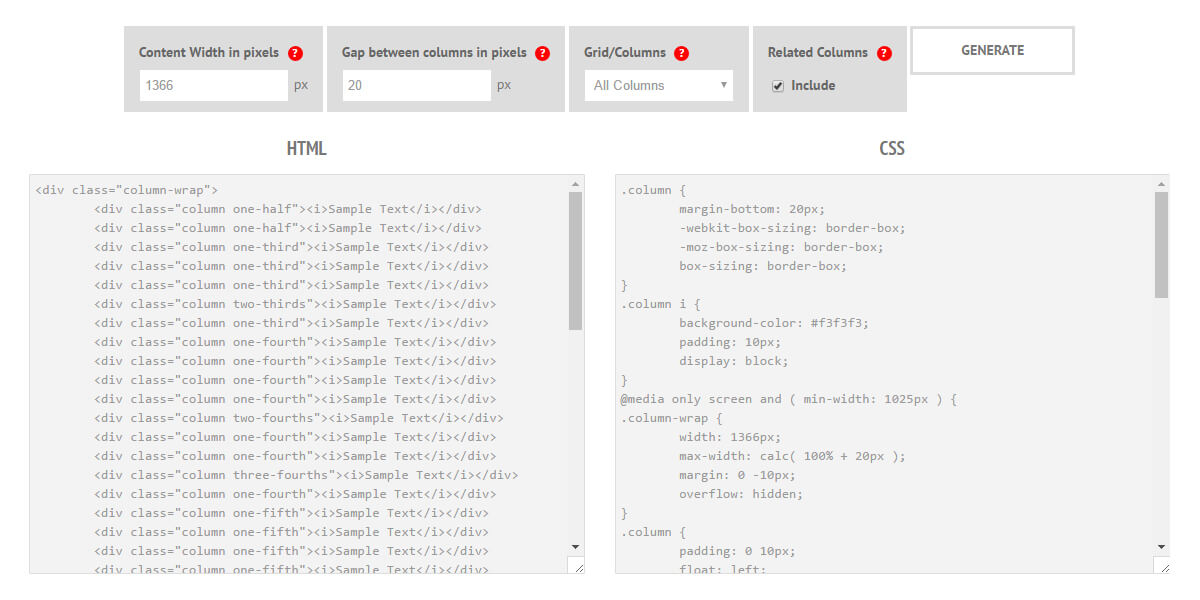Who Pays for Residential Service Contract
As a homeowner, it is important to understand the financial responsibilities when it comes to residential service contracts. Whether buying selling home, question Who Pays for Residential Service Contract often arises. This post aims to provide comprehensive information on this topic and shed light on the key factors that determine the party responsible for covering the cost of a residential service contract.
Understanding Residential Service Contracts
Before delving into the payment aspect, it is essential to have a clear understanding of what a residential service contract entails. A residential service contract, also known as a home warranty, is a service agreement that covers the repair or replacement of major home systems and appliances. It provides homeowners with peace of mind knowing that they are protected from unexpected expenses related to the maintenance of their home.
Who Typically Who Pays for Residential Service Contract?
The payment for a residential service contract can vary depending on the specific circumstances of the real estate transaction. In most cases, the responsibility for covering the cost is negotiable and is often stipulated in the purchase agreement. Here common scenarios:
| Scenario | Payment Responsibility |
|---|---|
| Home Seller Offers as Incentive | Home seller typically Who Pays for Residential Service Contract incentive attract potential buyers. |
| Home Buyer Requests Coverage | If the home buyer requests a residential service contract, they may be responsible for the associated costs. |
| Negotiated Agreement | The payment responsibility can be negotiated and stipulated in the purchase agreement between the buyer and seller. |
Factors Influencing Payment Responsibility
Several factors can influence the party responsible for paying for the residential service contract. These may include the local real estate market conditions, the seller`s motivation to sell the property, and the buyer`s willingness to take on additional expenses. It is crucial for both buyers and sellers to consider these factors and come to a mutual agreement on the payment responsibility.
Case Studies and Statistics
According to a survey conducted by the National Home Service Contract Association (NHSCA), 68% of home sellers choose to provide a residential service contract to the buyer as an incentive. Additionally, 42% of home buyers requested coverage as part of the purchase agreement. These statistics highlight the prevalence of residential service contracts in real estate transactions and the varying payment responsibilities.
Final Thoughts
The payment for a residential service contract is a negotiable aspect of a real estate transaction. Both home buyers and sellers should carefully consider their preferences and come to a mutual agreement on the payment responsibility. Ultimately, the goal is to provide protection and peace of mind for all parties involved in the transaction.
Residential Service Contract Payment Agreement
This contract outlines the payment responsibilities for residential service contracts.
| Parties Involved | This agreement is between the service provider and the homeowner, hereinafter referred to as “the Parties.” |
|---|---|
| Contract Term | The contract effect duration service agreement subject renewal per terms outlined. |
| Payment Responsibilities | The homeowner is responsible for paying the service provider for the residential service contract as outlined in the terms and conditions of the agreement. The service provider reserves the right to withhold services if payment is not received in a timely manner. |
| Dispute Resolution | Any disputes regarding payment responsibilities will be resolved through arbitration in accordance with the laws of the state in which the property is located. |
| Governing Law | This contract shall governed construed accordance laws state property located. |
| Severability | If any provision of this contract is found to be invalid or unenforceable, the remaining provisions will continue to be valid and enforceable. |
| Signatures | By signing below, the Parties acknowledge their acceptance of the terms and conditions of this agreement. |
Curious Who Pays for Residential Service Contracts?
| Question | Answer |
|---|---|
| 1. Can a landlord require a tenant to pay for a residential service contract? | Yes, a landlord can require a tenant to pay for a residential service contract, but only if it is explicitly stated in the lease agreement. However, the landlord must provide valid reasons for the necessity of the service contract and must ensure that the terms are fair and reasonable. |
| 2. Are there any laws that dictate who is responsible for paying for a residential service contract? | There are no specific federal laws that dictate who is responsible for paying for a residential service contract. However, state landlord-tenant laws and the terms of the lease agreement will generally govern such responsibilities. |
| 3. Can homeowner’s association (HOA) enforce payment residential service contract? | Yes, an HOA can enforce payment for a residential service contract if it is a requirement outlined in the HOA bylaws. Homeowners who are part of an HOA are typically obligated to adhere to the rules and regulations set forth by the association. |
| 4. If a residential service contract is for maintenance or repairs, does the landlord or tenant pay for it? | It depends on the specific terms of the lease agreement. Generally, if the lease agreement states that the landlord is responsible for maintenance and repairs, then the landlord would be obligated to pay for the residential service contract. |
| 5. Can landlord deduct cost residential service contract tenant’s security deposit? | It important check laws state, may differ. In cases, landlord may able deduct cost residential service contract tenant’s security deposit contract necessary address damages caused tenant’s negligence. |
| 6. Is there a limit to the amount a landlord can charge a tenant for a residential service contract? | State laws may impose limits on the amount a landlord can charge a tenant for a residential service contract. It important landlords tenants familiarize laws specific state ensure compliance. |
| 7. Can a tenant dispute the requirement to pay for a residential service contract? | Yes, a tenant can dispute the requirement to pay for a residential service contract, especially if they believe the cost is unjust or that the service is unnecessary. In such cases, it is advisable for the tenant to seek legal counsel and review the terms of the lease agreement. |
| 8. What are the consequences for not paying for a required residential service contract? | The consequences for not paying for a required residential service contract will depend on the specific terms outlined in the lease agreement and applicable state laws. It is possible that non-payment could result in eviction proceedings or legal action by the landlord. |
| 9. Can a tenant be held responsible for a residential service contract if it was not disclosed in the lease agreement? | If a residential service contract was not disclosed in the lease agreement, it may be difficult for a landlord to hold the tenant responsible for its payment. However, it is important for tenants to thoroughly review and understand the terms of their lease agreements before signing. |
| 10. Are there any exceptions to the requirement for paying for a residential service contract? | There exceptions requirement paying residential service contract, contract violates state laws deemed unfair burden tenant. It is advisable for tenants to seek legal guidance in such situations. |


